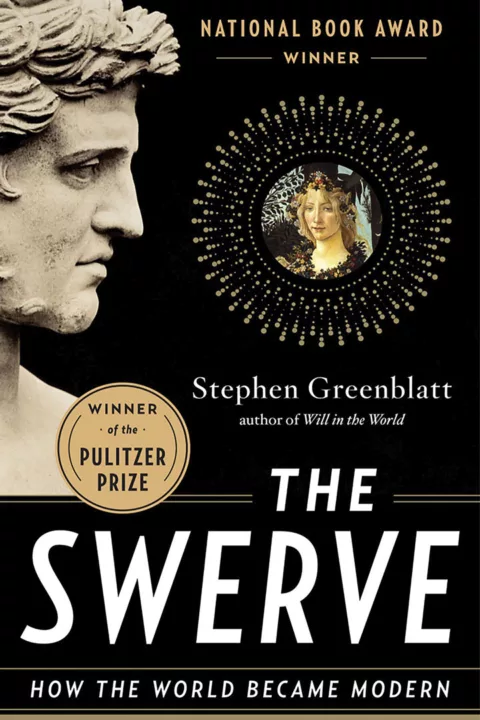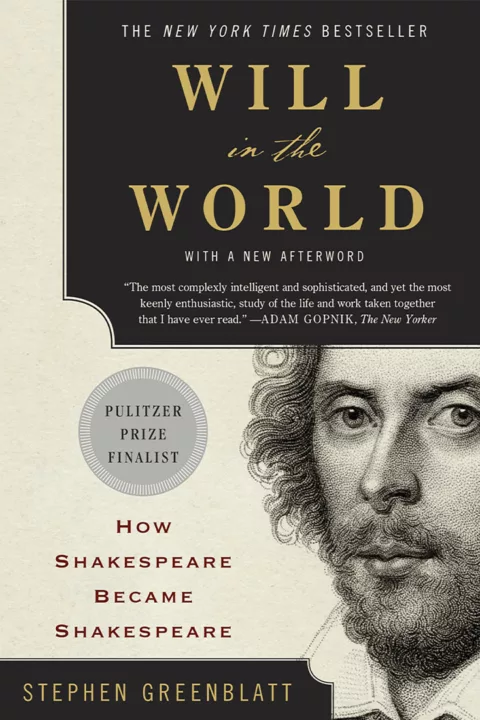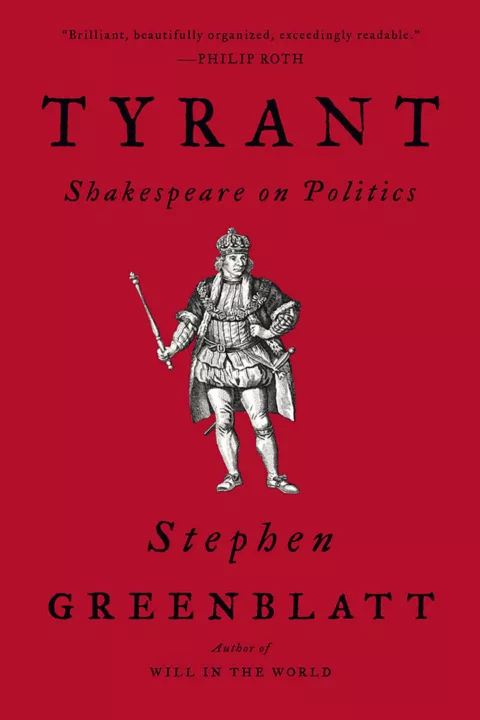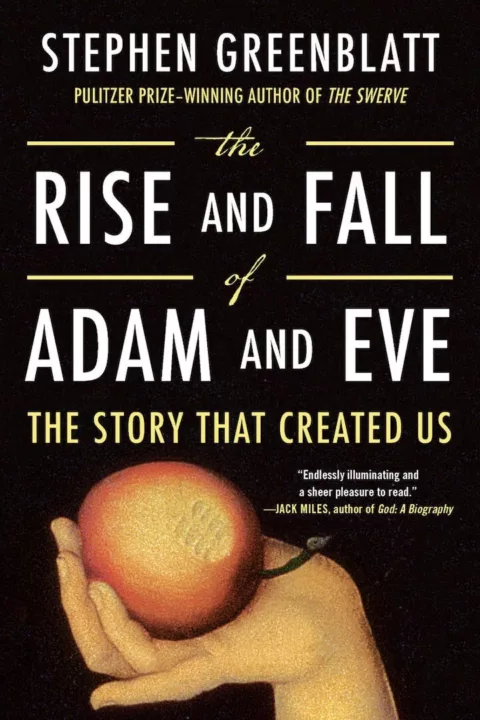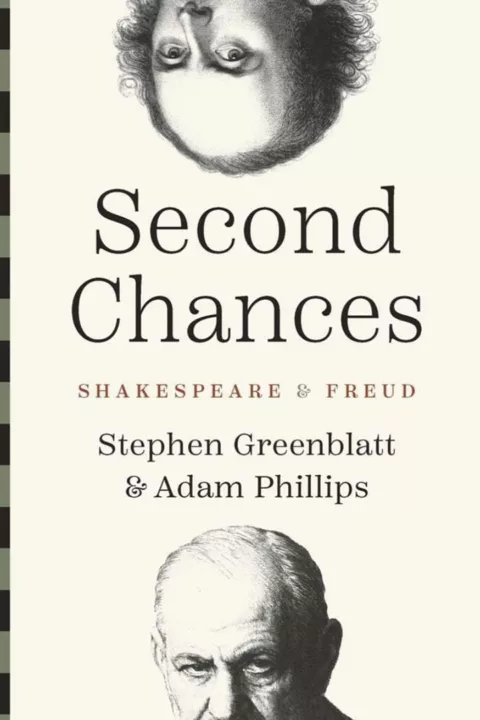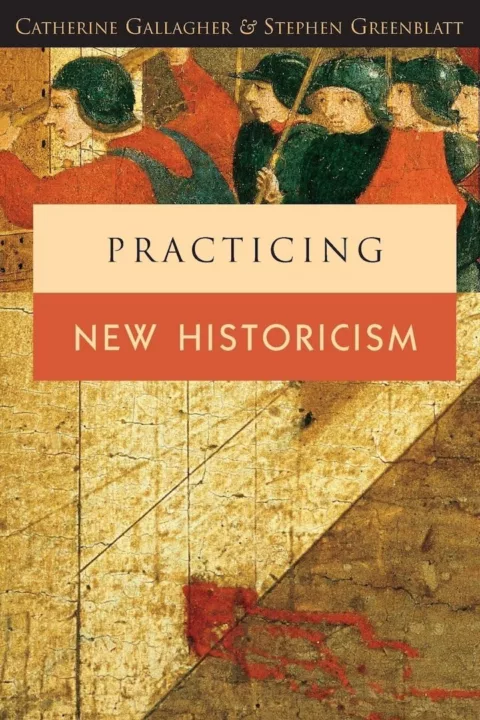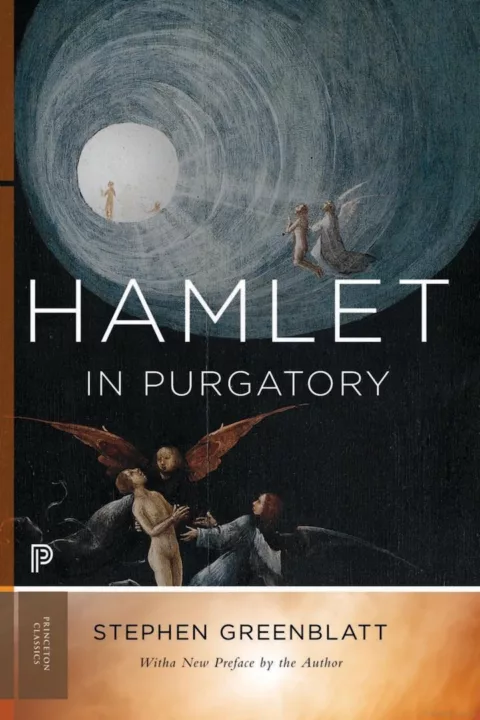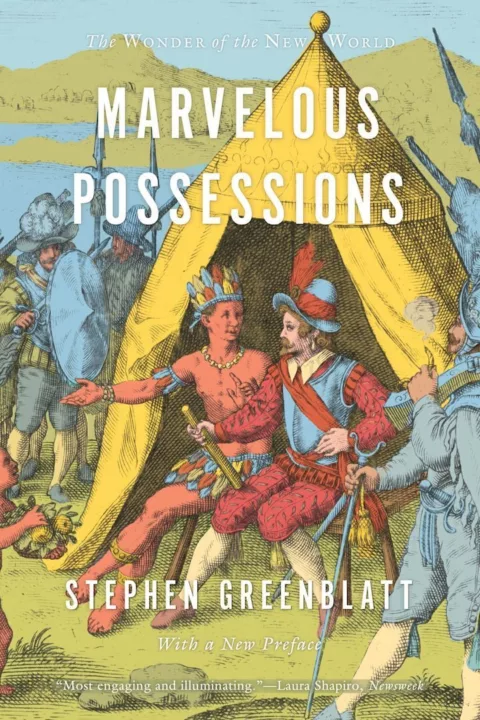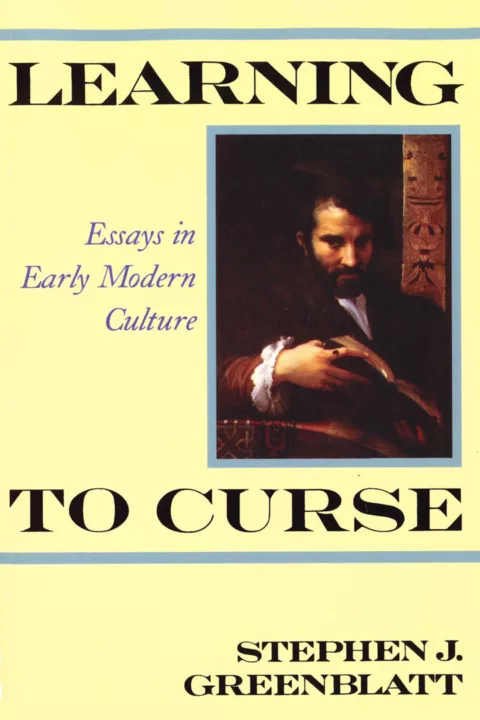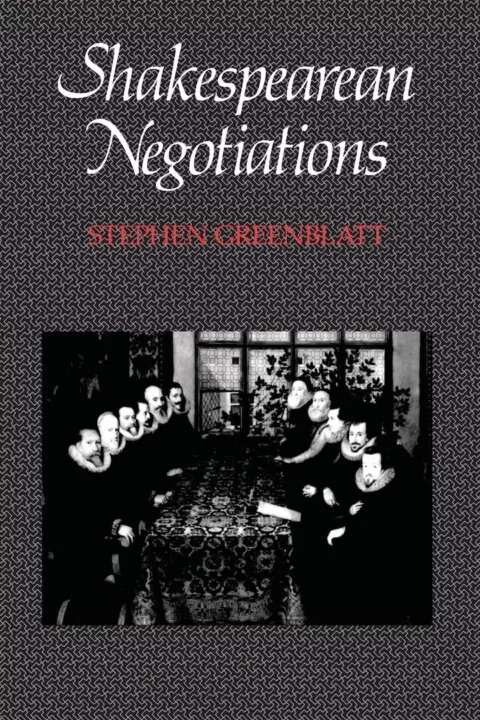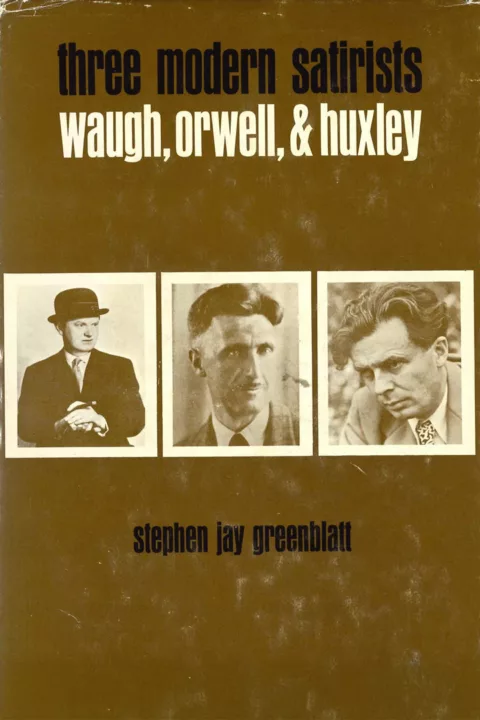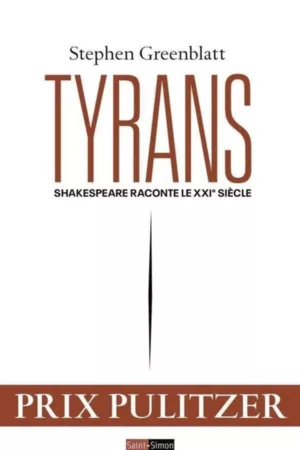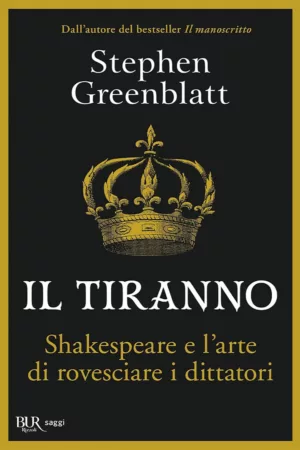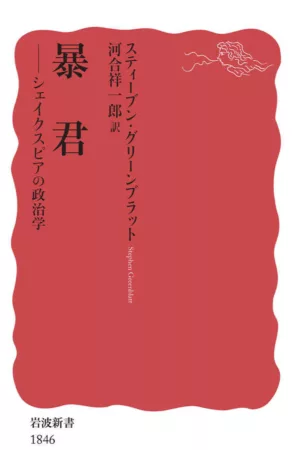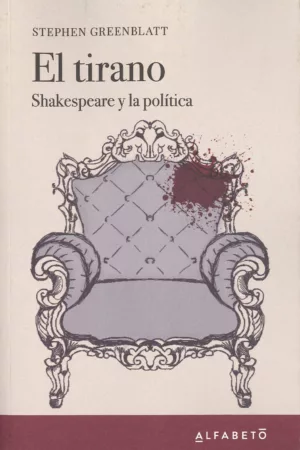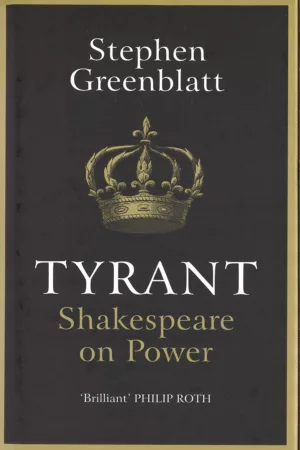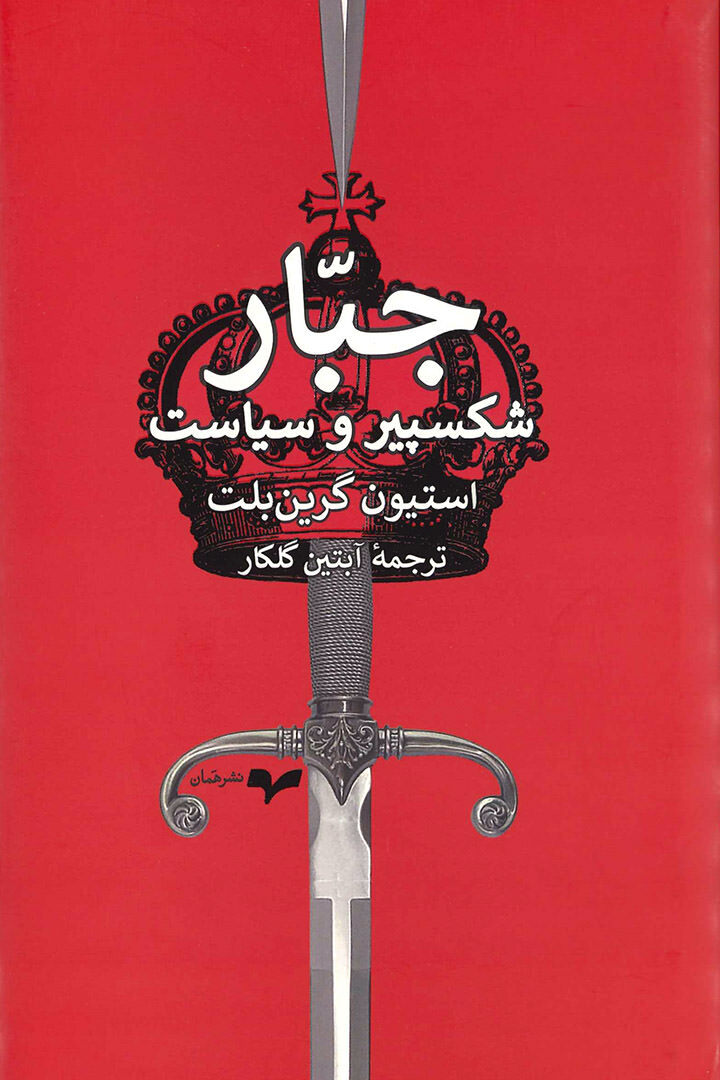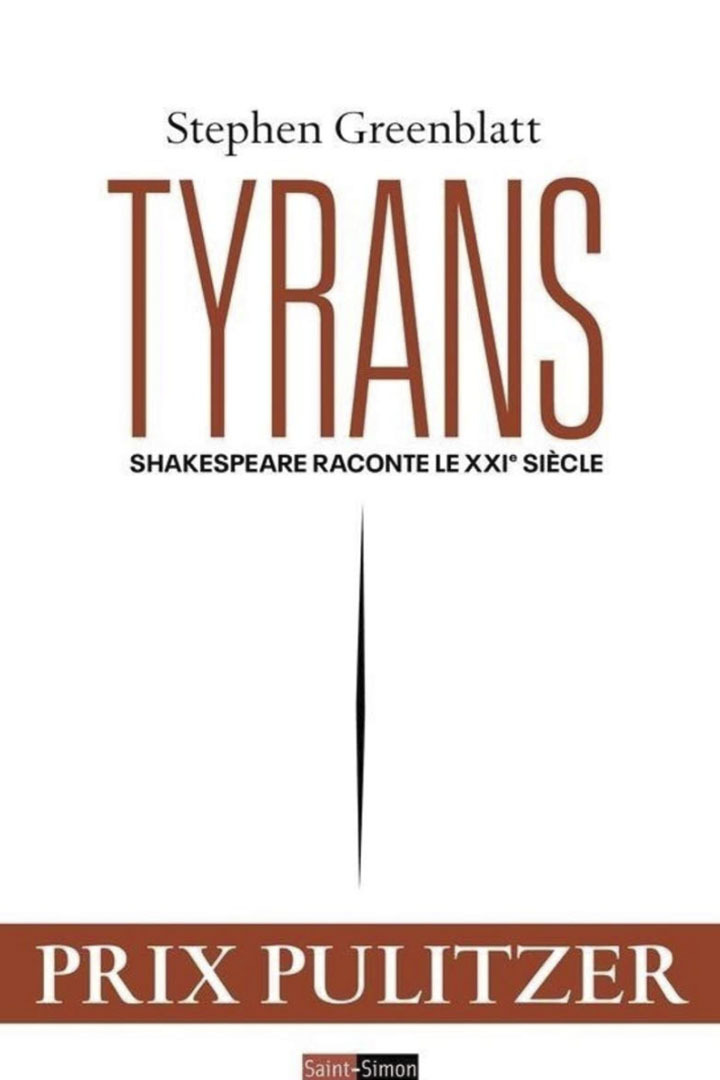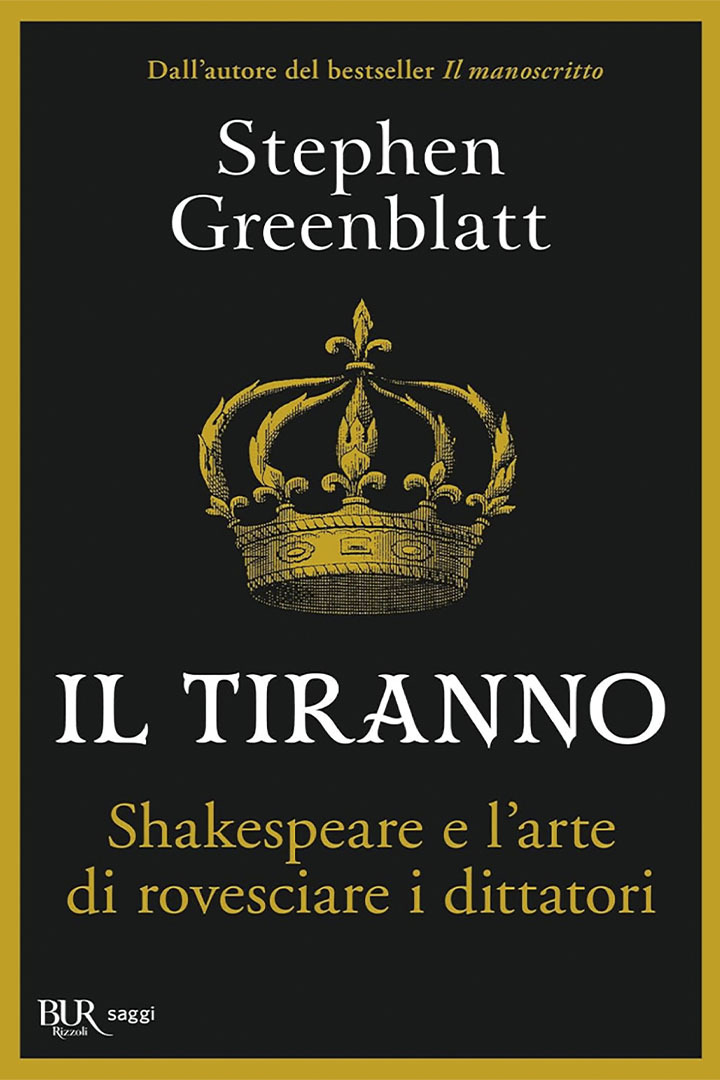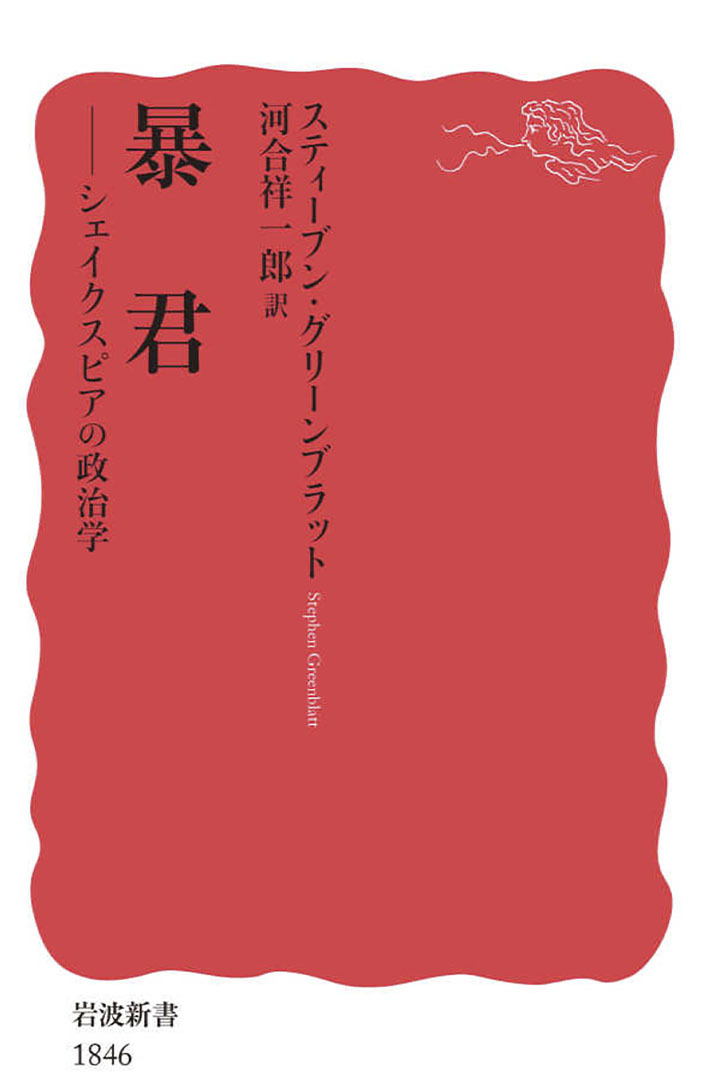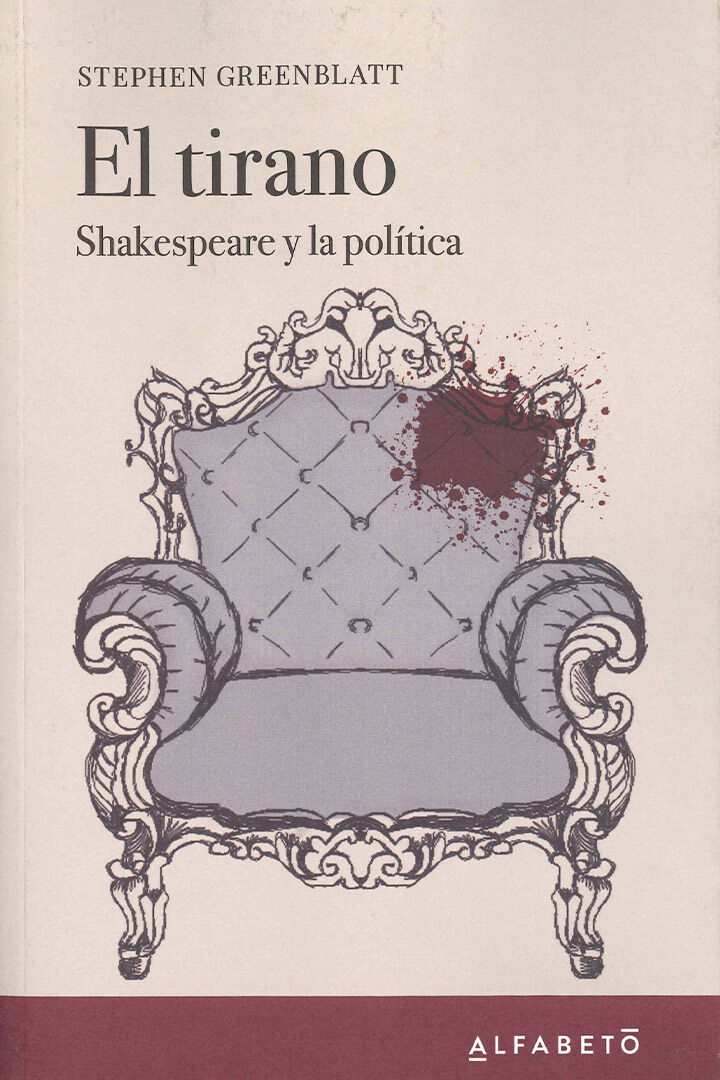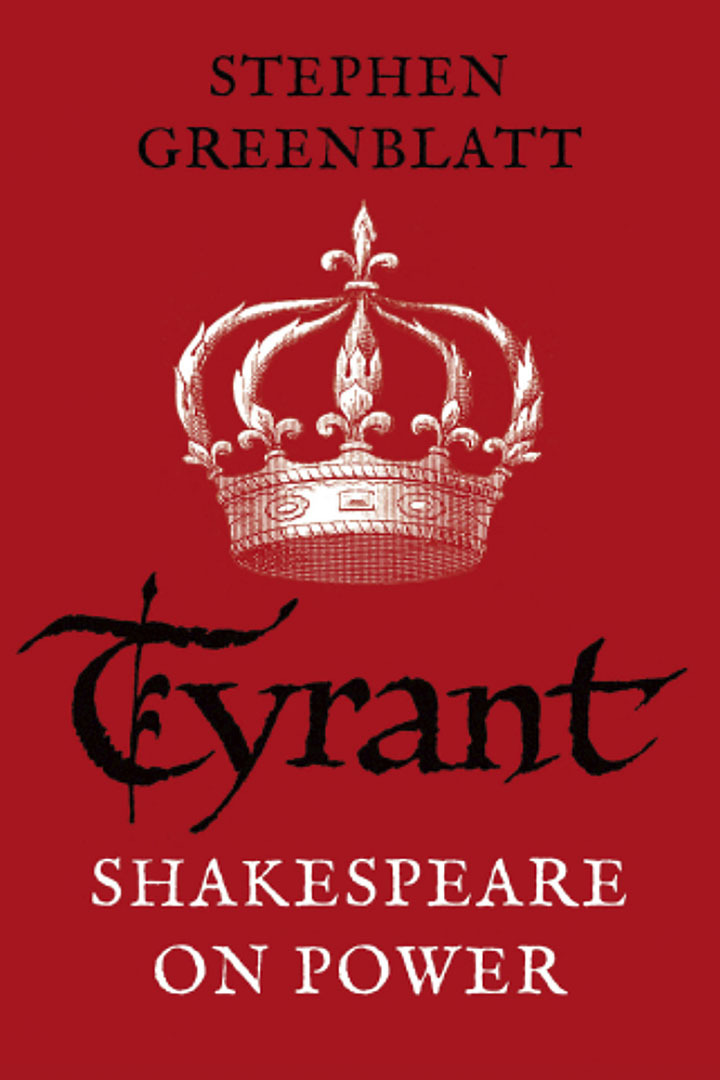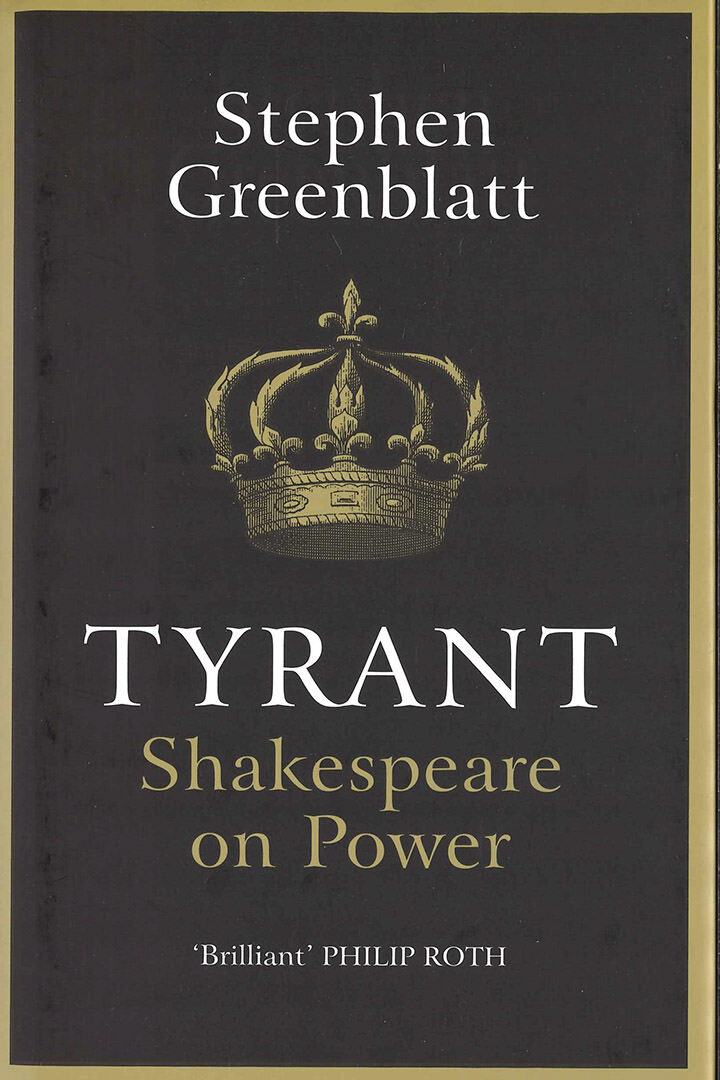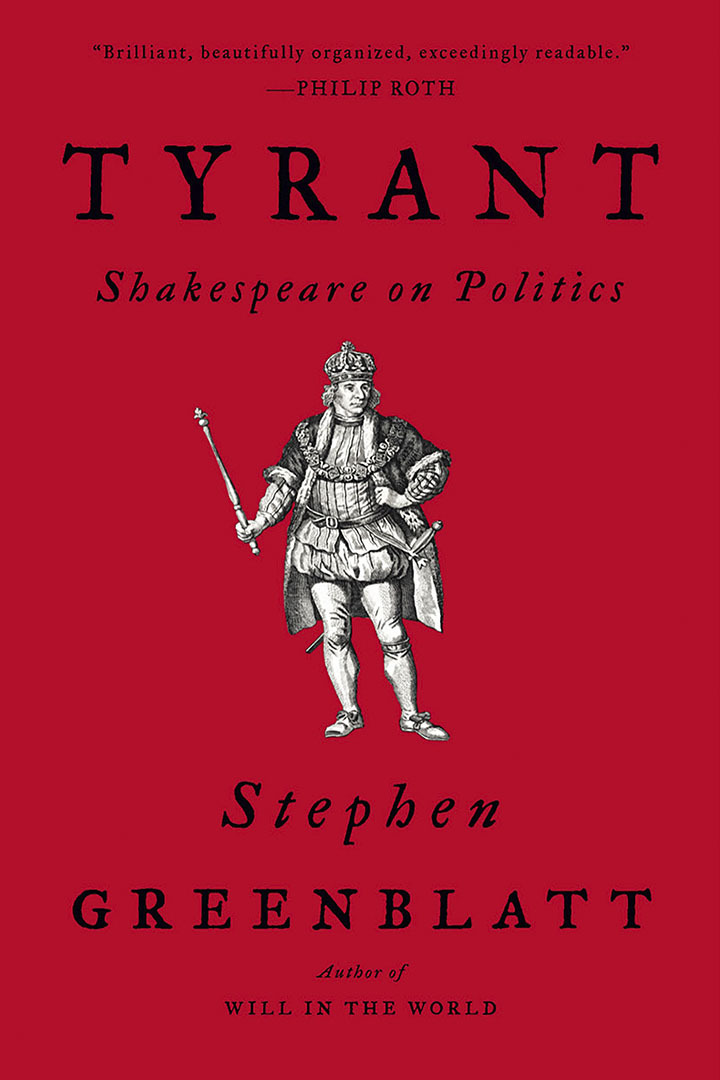
“Greenblatt is especially fine on the mechanisms of tyranny, its ecology, so to speak, leaving one deeply moved all over again by Shakespeare’s profound and direct understanding of what it is to be human — which includes, alas, being a tyrant.”
World-renowned Shakespeare scholar Stephen Greenblatt explores the playwright’s insight into bad (and often mad) rulers.
Examining the psyche — and psychoses — of the likes of Richard III, Macbeth, Lear, and Coriolanus, Greenblatt illuminates the ways in which William Shakespeare delved into the lust for absolute power and the disasters visited upon the societies over which these characters rule. Tyrant shows that Shakespeare’s work remains vitally relevant today, not least in its probing of the unquenchable, narcissistic appetites of demagogues and the self-destructive willingness of collaborators who indulge their appetites.
“Both the risk and the thrill of this rhetorical daring electrifies Tyrant. Shakespeare lived five centuries ago, yet Greenblatt’s book has the feel of a series of urgent and very contemporary dispatches.”
Praise for Tyrant
“Tyrant is a striking literary feat. At the outset, the book notes how Shakespeare craftily commented on his own times by telling tales of tyrants from centuries before. In an act of scholarly daring, Greenblatt then proceeds to do exactly the same thing. Rarely have these blood-soaked creatures seemed so recognizably human and so contemporary.”
“[Tyrant] is valuable less for what it has to say about Shakespeare’s plays than for how it applies the wisdom it has acquired through careful study of these works to the crisis roiling American democracy.”
“Both the risk and the thrill of this rhetorical daring electrifies Tyrant. Shakespeare lived five centuries ago, yet Greenblatt’s book has the feel of a series of urgent and very contemporary dispatches.”
“Elegant and deftly written.”
“Greenblatt shows us not only that Shakespeare’s writings can serve as a brilliant guide to the mess of our current politics but also that he — Greenblatt, that is — is perfectly well able to give us an account of them.”
“In this brilliant, beautifully organized, exceedingly readable study of Shakespeare’s tyrants and their tyrannies — their dreadful narcissistic follies, their usurpations and their craziness and their cruelties, their arrogant incompetence, their paranoid viciousness, their falsehoods and their flattery hunger — Stephen Greenblatt manages to elucidate obliquely our own desperate (in Shakespeare’s words) ‘general woe.’ ”
“Shakespeare lived five centuries ago, yet Greenblatt’s book has the feel of a series of urgent and very contemporary dispatches.”
“An incisive and instructive study of personality politics and the abuse of power — topical literary criticism with classical virtues.”
“Mr. Greenblatt breaks with the traditional assumption that Shakespeare must have been an uncritical admirer of monarchy. The Shakespeare that this book reveals is not only able to tell a bad king from a good but willing to raise serious doubts about monarchy as a régime.”
“Offers a canny parallel to contemporary political concerns…Full of insight, both for lovers of literature and for students of history and politics.”
“An engaging study of some of the most eloquent despots on stage.”
“In Tyrant, Greenblatt demonstrates the enduring relevance of Shakespeare’s outlook as much as providing a commentary…Shakespeare’s voice rings down the ages, and, as with innumerable other human matters, we would do well to listen to it.”
“Compelling literary history and analysis.”
“Even those who don’t share Greenblatt’s political perspective should find his well-informed survey of the making and unmaking of autocratic rulers to be instructive and entertaining.”
“Shakespeare’s fascination with the tyrannical impulse, in domestic as well as political settings, is undeniable and is acutely observed by Greenblatt. The overlap between the private and public spheres is always catastrophic, as is the tyrant’s blind, psychotic fury at resistance when pure obedience is expected, an emotion the plays release and explore compulsively.”
A video is being shown
Order Tyrant

